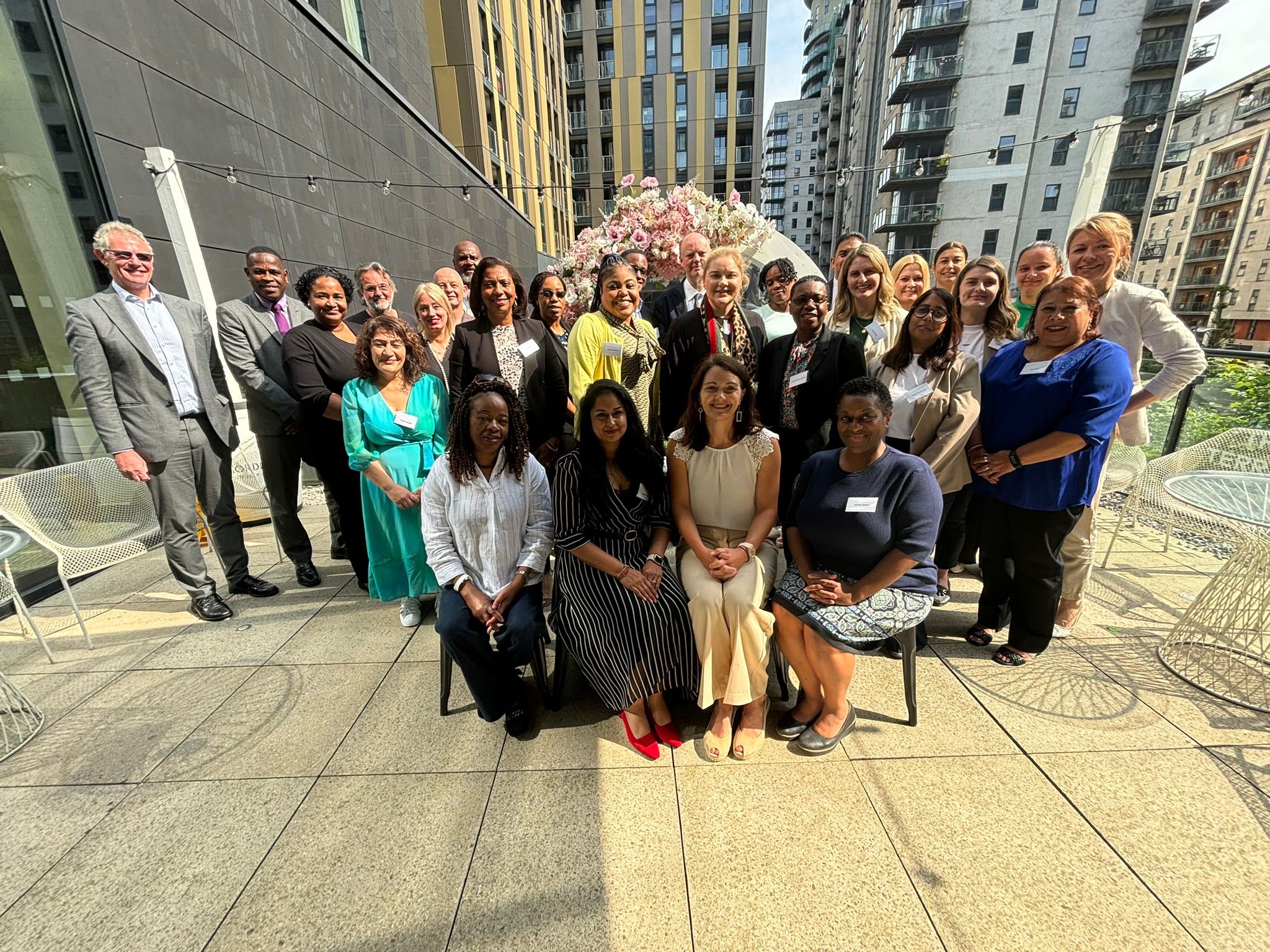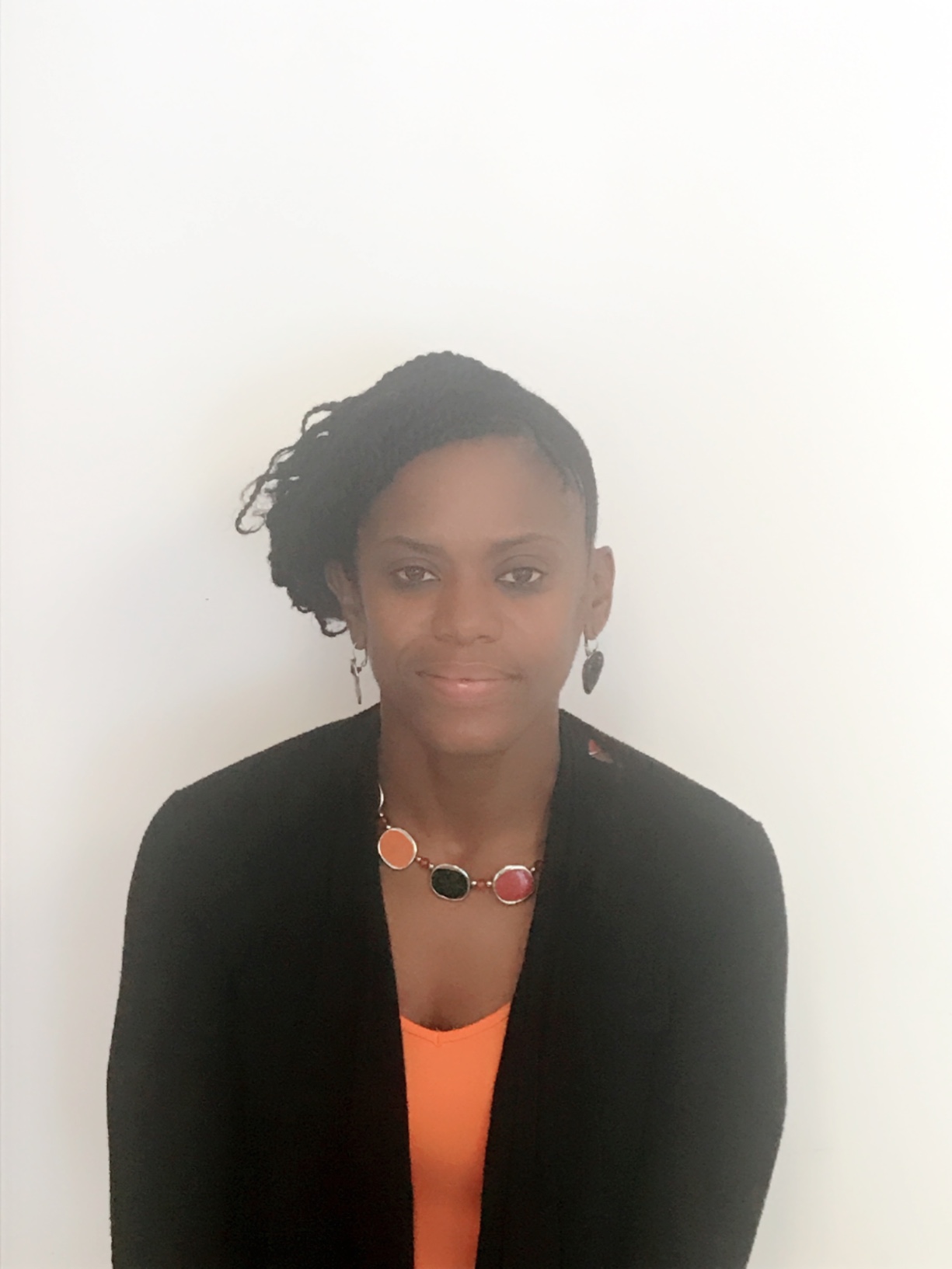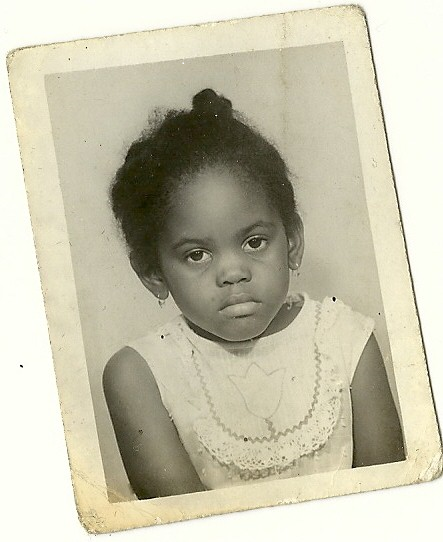
Overseas Territories take a stand on antimicrobial resistance
The Chief Medical Officers of the UK Overseas Territories (UKOTs) have united to address the threat of global antimicrobial resistance (AMR) during the UKOTs Public Health Conference in Manchester from 25 to 28 June. They have issued a joint statement emphasising the pressing need for collaborative action to combat the global health challenge, outlining mid- and long-term aims in tackling AMR and identifying access, prevention, and education as key areas for achieving them.
Addressing AMR in the UKOTs
AMR is one of the world’s biggest killers, with almost 5 million deaths associated with bacterial resistance, hitting hardest in low- and middle-income countries, where inequity linked to gender, race, age, and socioeconomic status aggravates its effects. The UKOTs, as small, often remote territories, are disproportionately affected by the risk of AMR, along with climate change and biodiversity disruption from ecosystem instability, which are all detrimental to the health of their populations.
The UKHSA UKOTs programme supports the UKOTs in strengthening health systems and health security through a One Health approach, which aims to balance the health of people, animals, and the environment. It recognises that the health of all these things is closely linked and interdependent; and can help prevent, detect, and respond to global health threats, such as AMR.
This approach includes strengthening infrastructure and expanding data-sharing networks, enabling faster response times and coordinated intervention. It also means ensuring healthcare professionals are trained in best practices and that community awareness initiatives are accessible and effective.
As part of meeting the challenge of AMR in these territories, the joint statement issued advocates for equitable access to treatments, improved sanitation in healthcare facilities and the environment, accurate diagnostics, and education within health care and to the public.
Taking action now
The UKOTs’ collective stance recognises that resilience against AMR requires a holistic approach that demonstrates our values of impact, insight, as well as inclusion.
As we commemorate World Antimicrobial Resistance (AMR) Awareness Week, it is important that we all uphold our shared commitment to health and resilience in the face of AMR.

International Women's Day
International Women’s Day, celebrated annually on March 8th, is a global event honoring the social, economic, cultural and political achievements of women. It’s a day to advocate for gender equality and raise awareness about the challenges women continue to face worldwide.
In the realm of public health women bring unique perspectives, experiences, and skills which enrich decision-making processes and foster more inclusive policies and programmes. However, just 25% of senior health leadership positions are held by women despite being 90% of the frontline health workforce. Today we are showcasing the excellent leadership across our programme with a brief interview from Dr Aisha Andrewin, Chief Medical Officer in Anguilla.


Can you briefly introduce yourself and describe your role?
I am Dr. Aisha Nicole Andrewin. I am originally from Belize. I am currently the Chief Medical Officer (and Epidemiologist) with the MoH, Anguilla - post I’ve held since August of 2014.
Which woman inspires you the most?
That would be my mother (sadly departed in 2016). She was a chemistry teacher from Trinidad. She was the kindest, most loving human being I’ve ever known. Among things she taught us, she taught us humility and to do good for the sake of “doing good” and not for the expectation of gaining something in return. Her love was unconditional, and she was very positive about absolutely everything. She is still the voice in my head and my main source of inspiration.
What do you think is the biggest challenge you face in your role today?
I believe the work-life balance is always a challenge as well as seeking avenues for continuing personal development and contributing to something positive.
Have you faced any barriers in your career due to being a woman?
Perhaps this was the case in medical school and as a medical practitioner where males where definitely groomed for certain specializations like the surgical fields. I haven’t really sensed this as much in my public health life.
If so how did you overcome them?
In the first instance, because I was never interested in those areas of medicine, there was no real impact and nothing to overcome practically speaking, in the greater scheme of things. To be honest, in my professional life, I actually don’t tend to think of myself or my role with a gendered lens - as a woman or even a feminist - or any other lenses such as race in fact. I’ve was raised to always put my best foot forward and prove my worth. So far, as a public health practitioner, even when I’ve been in situations that may have tended to be sexist, or male-dominated, I’ve always felt to be have been judged fairly based on my abilities. So that whatever threats there may have been based on the fact that I am female, I’m not aware of having actually experienced them as a barrier that has actually come into being
What message do you think is important for young women thinking about their careers in public health?
Public Health is a vast field with the lofty overarching goal of doing the greatest good for the greatest number of people. So, it’s an inherently noble profession and that’s always a good start. However, real positive changes often occur over a long time, so one has to be vigilant against boredom and cynicism. Further to that, I would say stay humble and stay positive; always move towards the light.